Comedonal Acne: Causes, How To Treat It, & Ways To Prevent It
By: Priyanka Maheshwari Sat, 02 Sept 2023 4:46:32
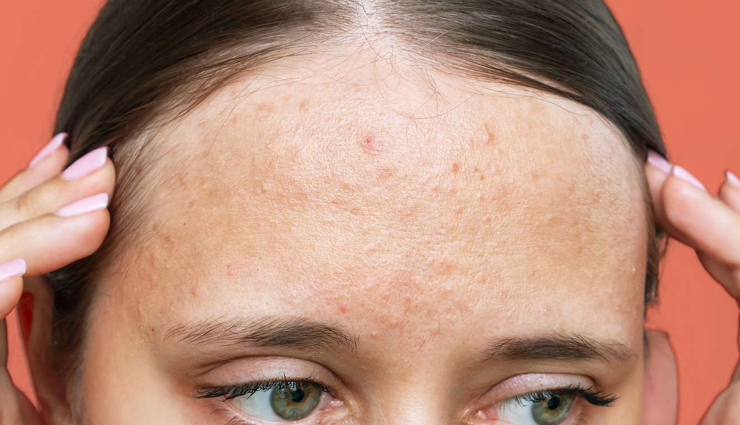
Acne, a prevalent skin condition, presents in various manifestations, each with its unique characteristics and management challenges. Among these, comedonal acne takes a prominent place, distinguished by clogged pores and the formation of comedones, commonly known as blackheads and whiteheads. Although it is not as inflammatory as some other acne types, it can still be a source of frustration and impact one's self-esteem.
In this comprehensive guide, we will delve into the realm of comedonal acne, delving into its root causes, effective treatment modalities, and preventive measures. Whether you seek a deeper understanding of this condition, strategies to address existing comedones, or means to proactively manage it, this resource will offer invaluable insights and practical advice for dealing with comedonal acne effectively.
What Is Comedonal Acne?
Comedonal acne manifests as comedones, which are blocked pores primarily found on the nose, chin, and forehead. These pores become obstructed due to an overproduction of sebum, the presence of oil, accumulation of dirt, and the buildup of dead skin cells. The most prevalent types of comedonal acne are blackheads and whiteheads. Blackheads occur when the plugs of oil and debris are exposed to air, undergoing oxidation and turning black. In contrast, whiteheads develop when these plugs are situated deeper within the pores and remain white in color.
According to a study involving 44,689 participants from 27 different countries, 43.35% of them experienced a dermatological condition within the past year, with 12% of these cases being attributed to acne. Moreover, the overall prevalence of acne was recorded at 5.4%, making it one of the most frequently occurring skin conditions among individuals aged 18 and above. Comedonal acne, characterized as a mild form of acne, can often be effectively managed using home remedies.
In the subsequent section, we will delve into the causes and risk factors associated with comedonal acne.
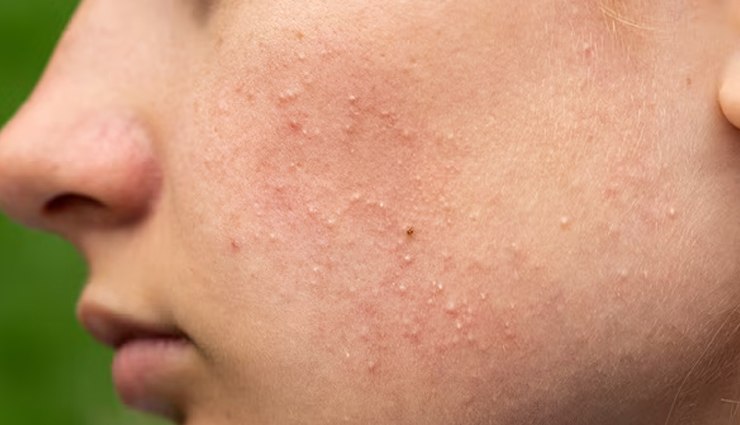
Comedonal Acne: Causes And Risk Factors
Comedonal acne develops when the sebaceous ducts become obstructed by a combination of dirt, debris, and excess sebum production. While comedonal acne can affect individuals at any stage of life, certain factors can heighten the risk:
Dairy Consumption: Some studies suggest that the consumption of dairy products, including yogurt, milk, and cheese, may contribute to acne breakouts.
High-Glycemic Diet: Diets with a high glycemic index or glycemic load, characterized by an abundance of sugary and fatty foods like baked goods, junk food, and sugary beverages, may exacerbate acne.
Hydration and Skin: Paradoxically, excessive water intake, especially in humid conditions or when combined with the overuse of moisturizers, can potentially contribute to overhydrating the skin, possibly leading to acne issues.
Smoking: Smoking is associated with various skin problems, including acne and breakouts.
Cosmetic Products: The excessive use of makeup, oily skincare products, and hair pomades can clog pores and promote the development of acne.
Genetics: Comedonal acne may have a hereditary component, meaning that if it runs in your family, you are more susceptible to developing it.
Skin Practices: Squeezing existing comedones and using abrasive skin products like scrubs and chemical exfoliants excessively can worsen the condition and contribute to comedonal acne.
Beyond the common occurrence of blackheads (open comedones) and whiteheads (closed comedones), there exist various other types of comedones to be aware of.
Varieties of Comedonal Acne
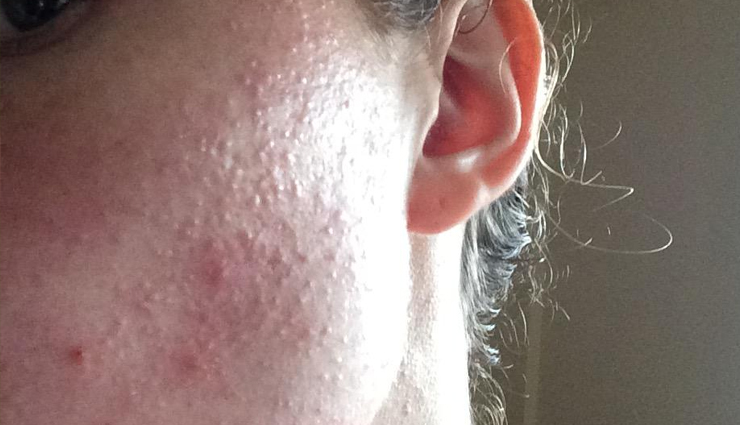
Microcomedones
These are the tiniest forms of comedones, invisible to the naked eye. They serve as the initial stage in the development of blackheads, inflamed acne, or pimples.
Macrocomedones
Macrocomedones can exist in both open and closed forms, but they are notably larger in size.
Giant Comedones
Giant comedones are sizable blackheads, often measuring from a few millimeters to approximately 2 centimeters in diameter. This type of comedone tends to be more prevalent among older adults.
Solar Comedones
Also referred to as senile comedones, these are induced by excessive sun exposure. Solar comedones can manifest in both open and closed varieties, and their size can range from small to large. This type of comedonal acne is commonly observed in older adults.
Once we familiarize ourselves with their characteristics, identifying comedones becomes a straightforward task.
How To Identify Comedonal Acne

Identifying comedonal acne involves recognizing the typical signs and characteristics of this common skin condition, which primarily consists of comedones, including blackheads and whiteheads. Here's how to identify comedonal acne:
Appearance of Comedones:
Blackheads (Open Comedones): These are small, dark or black spots on the skin's surface. They are open at the top and may have a visible black dot in the center.
Whiteheads (Closed Comedones): Whiteheads are small, flesh-colored or white bumps on the skin. They are closed and appear as raised, round bumps.
Location: Comedonal acne most often appears in areas with a higher concentration of sebaceous (oil) glands. Common locations include the forehead, nose, and chin, collectively known as the "T-zone," but it can also occur on the chest, back, and other areas.
Texture: Comedones often have a distinct texture. Blackheads have an open pore with a dark or black tip, while whiteheads are closed and may have a white or flesh-colored appearance.
Lack of Inflammation: Comedonal acne is typically non-inflammatory, meaning it doesn't involve redness, swelling, or pus-filled lesions. Instead, it mainly consists of clogged pores.
Multiple Lesions: Comedonal acne can manifest as multiple blackheads and whiteheads in the affected area, creating a bumpy or uneven skin texture.
Absence of Pain: Unlike inflammatory acne types, comedonal acne is usually painless and does not cause discomfort or tenderness.
Persistent Breakouts: Individuals with comedonal acne may notice a tendency for these types of lesions to reappear regularly, leading to ongoing concerns about clogged pores.
Possible Enlarged Pores: Repeated comedonal acne breakouts can contribute to the enlargement of pores in the affected area.
Consulting a Dermatologist: If you're unsure about the nature of your skin condition or if it's becoming problematic, consulting a dermatologist is advisable. They can provide a professional assessment and recommend appropriate treatments or skincare routines.
If you find yourself dealing with comedonal acne, rest assured that there are numerous effective treatment choices available to help you manage this condition. In the following section, we will delve into these options comprehensively.
How To Treat Comedonal Acne
Treating comedonal acne at home involves adopting a consistent skincare routine and incorporating specific remedies that can help unclog pores and reduce the occurrence of blackheads and whiteheads. Here are some effective home remedies to consider:
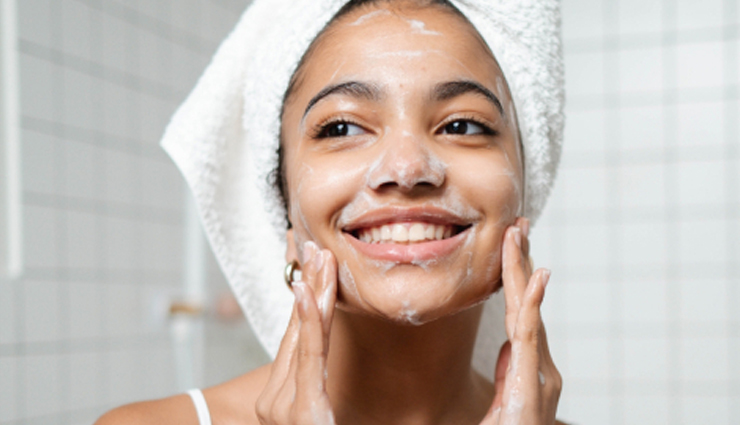
Gentle Cleansing: Use a mild, non-comedogenic (won't clog pores) cleanser to wash your face twice a day. Avoid harsh scrubs or abrasive cleansers, as these can irritate the skin and worsen acne.
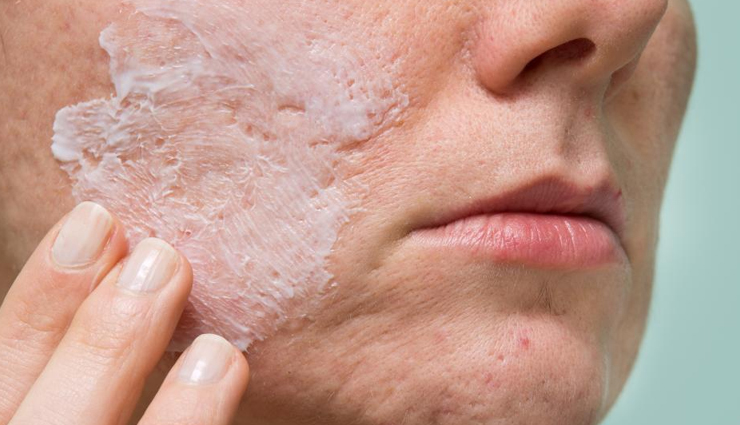
Salicylic Acid: Over-the-counter products containing salicylic acid can help exfoliate the skin and prevent the formation of comedones. Use a salicylic acid-based cleanser or spot treatment as directed.
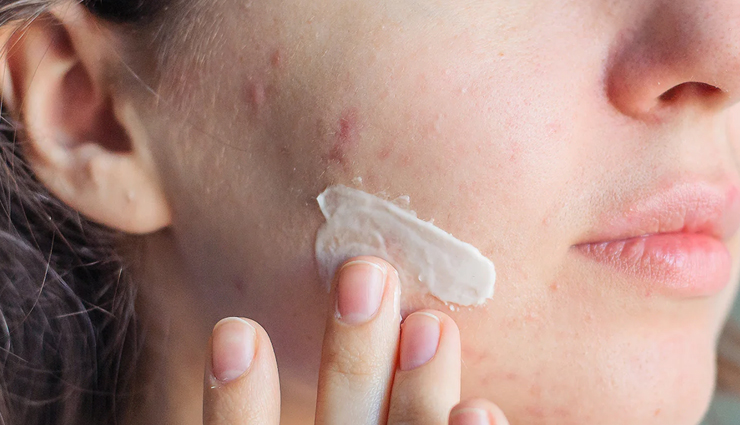
Benzoyl Peroxide: Benzoyl peroxide is another OTC option that can help clear acne. It works by killing acne-causing bacteria and reducing inflammation. Start with a lower concentration (2.5% or 5%) to minimize skin irritation.
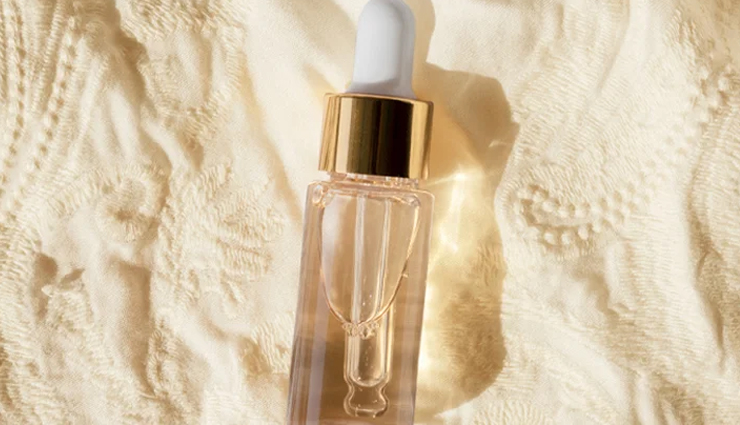
Topical Retinoids: Retinoids, such as over-the-counter retinol or prescription-strength products, can promote skin cell turnover and prevent the clogging of pores. Apply them at night and use sunscreen during the day, as they can increase sensitivity to the sun.
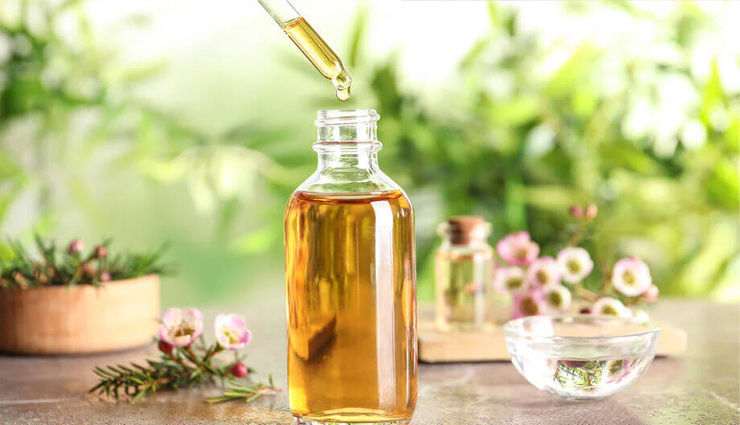
Tea Tree Oil: Tea tree oil possesses antibacterial properties and can help reduce inflammation. Dilute it with a carrier oil (like jojoba or coconut oil) and apply it sparingly to affected areas.
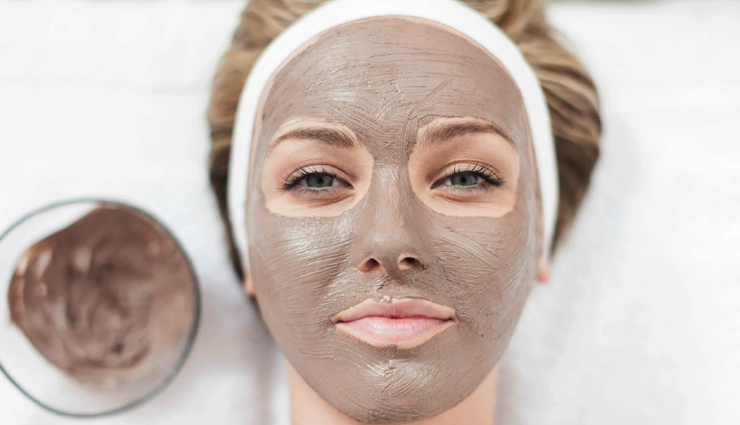
Clay Masks: Using a clay mask once a week can help absorb excess oil and unclog pores. Clay masks containing ingredients like kaolin or bentonite are ideal for this purpose.
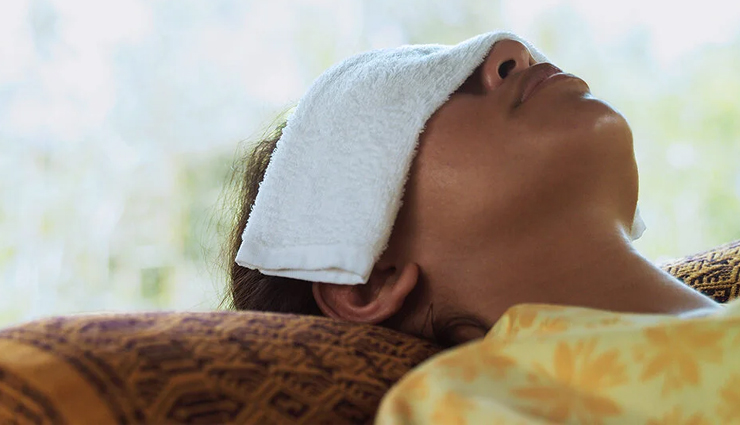
Warm Compress: Applying a warm, damp compress to the affected area can help open up pores and facilitate the removal of debris. Gently press the compress against the skin for a few minutes.

Honey and Cinnamon Mask: A mixture of honey and cinnamon can have antibacterial and anti-inflammatory properties. Apply this as a mask, leave it on for 10-15 minutes, and then rinse with warm water.

Apple Cider Vinegar: Diluted apple cider vinegar can be used as a toner. Mix equal parts of water and apple cider vinegar, apply it to your face with a cotton ball, and leave it on for a few minutes before rinsing.
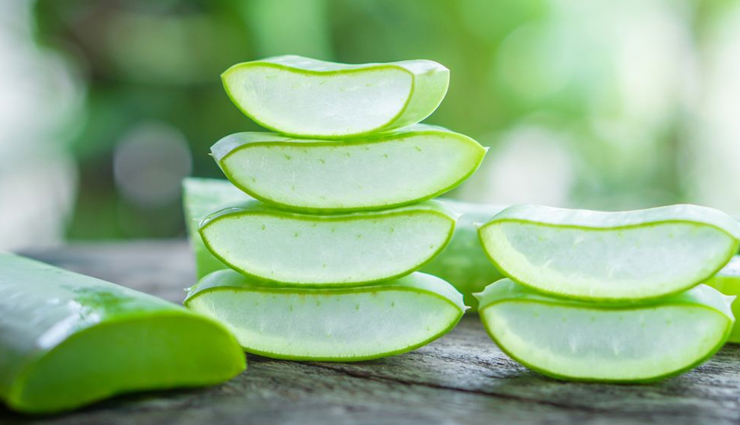
Aloe Vera: Aloe vera gel can soothe and moisturize the skin. Apply it to the affected area and leave it on for about 30 minutes before rinsing.
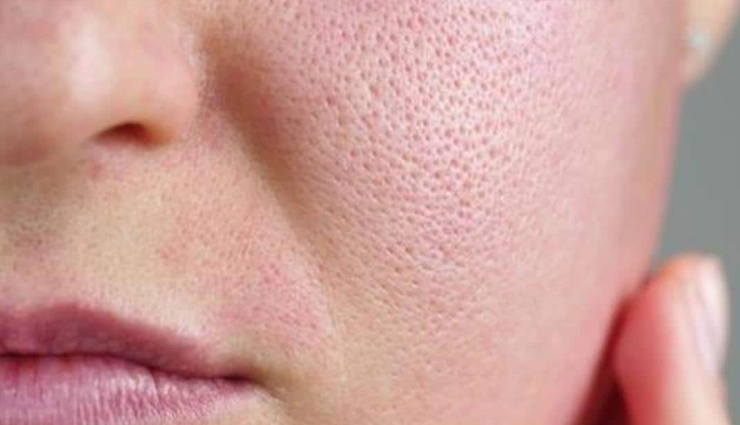
Maintain Good Hygiene: Keep your hair clean and away from your face, as hair products and oils can contribute to clogged pores. Also, avoid touching your face with your hands to minimize the transfer of bacteria.

Ways To Prevent Comedonal Acne
Preventing comedonal acne involves adopting healthy skincare practices and lifestyle habits that reduce the likelihood of clogged pores and the development of blackheads and whiteheads. Here are effective ways to prevent comedonal acne:
Regular Cleansing: Wash your face twice a day with a gentle, non-comedogenic cleanser to remove dirt, excess oil, and makeup. Avoid overwashing, as this can strip the skin of its natural oils and exacerbate acne.
Exfoliation: Exfoliate your skin 1-2 times a week with a mild exfoliant containing salicylic acid or alpha hydroxy acids (AHAs) to help remove dead skin cells that can clog pores.
Non-Comedogenic Products: Choose skincare and makeup products labeled as "non-comedogenic" or "oil-free" to reduce the risk of pore clogging.
Moisturize: Use a lightweight, oil-free moisturizer to keep your skin hydrated without adding excess oil. Even if you have oily skin, moisturizing is essential to maintain skin balance.
Sun Protection: Apply a broad-spectrum sunscreen with at least SPF 30 daily. Sunscreen helps protect the skin and prevent inflammation that can worsen acne. Look for non-comedogenic sunscreens.
Hands Off: Avoid touching your face, as your hands can transfer dirt and bacteria to your skin, potentially leading to breakouts. Also, resist the urge to pick or squeeze comedones, as this can worsen inflammation and lead to scarring.
Clean Hair and Hair Care: Keep your hair clean and avoid using oily hair products. Tie your hair back if it tends to touch your face, as hair products and oils can contribute to clogged pores.
Diet: Some individuals find that certain foods, particularly those high in sugar and dairy, can exacerbate acne. Consider maintaining a balanced diet and monitoring how your skin responds to different foods.
Hydration: Drink plenty of water to keep your skin hydrated and maintain skin health.
Stress Management: High stress levels can trigger acne breakouts. Practice stress-reduction techniques such as yoga, meditation, or deep breathing exercises.
Regular Exercise: Engage in regular physical activity to improve blood circulation and reduce stress. Remember to cleanse your skin after exercising to remove sweat and prevent clogged pores.
Clean Bedding and Pillowcases: Wash your pillowcases, sheets, and blankets regularly to prevent the accumulation of dirt and oil that can transfer to your face while sleeping.
Dermatologist Consultation: If you have persistent or severe comedonal acne, consult a dermatologist for professional guidance. They can recommend personalized treatments and skincare routines tailored to your skin's needs.





